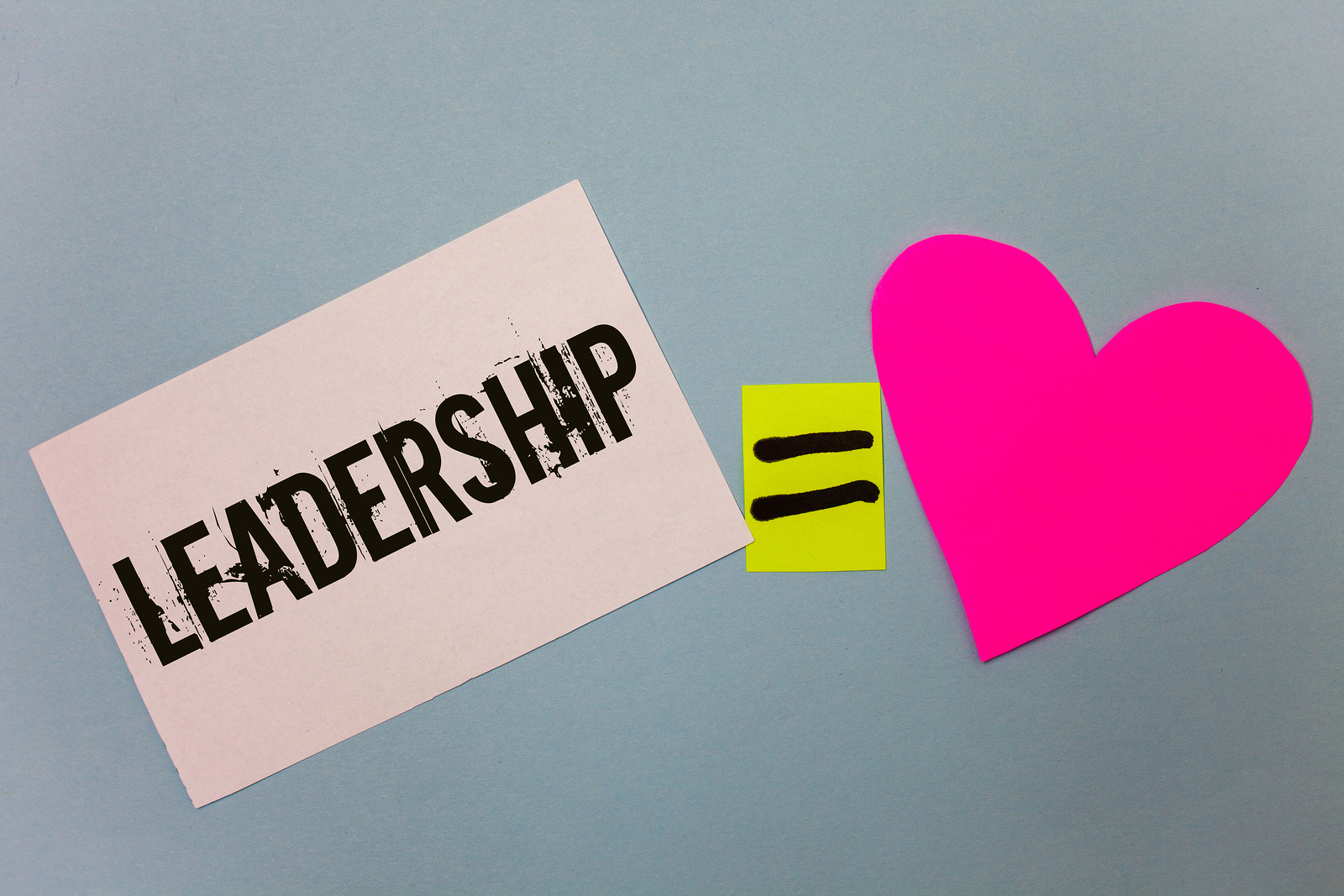Tips on interview preparation, the importance of research, and all things hiring. Before your next interview, give this a listen!
Tag: Interview
Aim Higher: Creating a Practical Vision with Michael Hyatt
Michael Hyatt shares practical steps for creating a leadership vision. Become a vision driven leader by following his advice.
Evidence-Based Recruiting: Practices to Hire the Best
How to design an evidence-based, data-driven hiring strategy to boost your competitive edge. Hire the best A Players anywhere.
AI and the Future of Work with David Staley
David J. Staley shares insights about the future of work, about artificial intelligence, machine learning, and more.
Leaders: Make Love the Top Priority
Leaders should make love the top organizational priority, argues Matt Tenney in this powerful TedTalk and interview. Why leadership must start with love.





